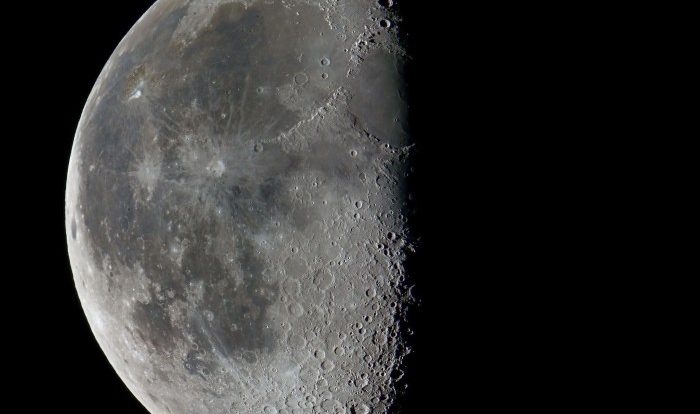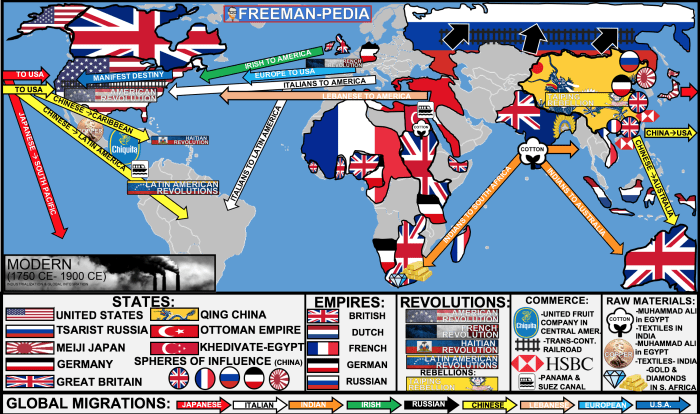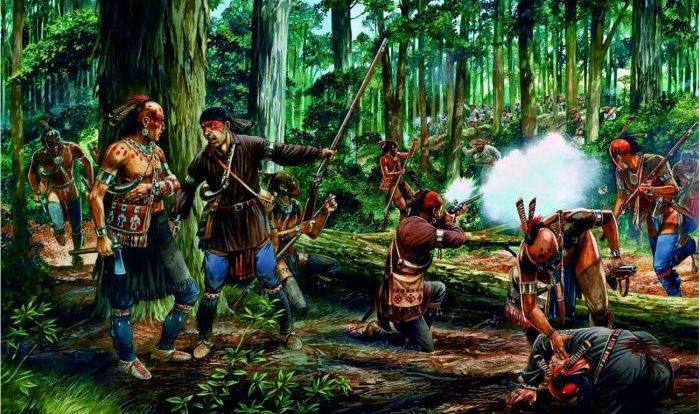Join us on an extraordinary voyage through time as we delve into Voyages in English Grade 6, where the spirit of exploration and discovery unfolds. From the intrepid journeys of Christopher Columbus to the daring circumnavigation of Ferdinand Magellan, this adventure will ignite your imagination and expand your understanding of the world.
Prepare to encounter uncharted territories, navigate treacherous seas, and unravel the secrets that lie beyond the horizon. The voyages we embark upon will not only transport us across oceans but also through the annals of history, shaping our perspectives and leaving an indelible mark on our collective consciousness.
Voyages and Exploration in the 15th and 16th Centuries
The 15th and 16th centuries marked a period of unprecedented maritime exploration, where European nations embarked on ambitious voyages that reshaped the world map and transformed the course of human history.
Driven by a thirst for knowledge, wealth, and territorial expansion, European explorers ventured into uncharted waters, seeking new lands, trade routes, and opportunities. These voyages had a profound impact on European understanding of the world, leading to the discovery of new continents, the expansion of trade networks, and the exchange of ideas and cultures.
Famous Explorers and their Expeditions
Among the most renowned explorers of this era were:
- Christopher Columbus: Italian explorer who sailed west across the Atlantic Ocean in 1492, reaching the Americas, which he believed to be the East Indies.
- Vasco da Gama: Portuguese explorer who discovered a sea route to India around the Cape of Good Hope in 1498, opening up a direct trade route between Europe and Asia.
- Ferdinand Magellan: Portuguese explorer who led the first expedition to circumnavigate the globe from 1519 to 1522, proving that the Earth was round.
The Voyages of Christopher Columbus
Christopher Columbus, an Italian explorer and navigator, embarked on a series of voyages that significantly impacted the course of history. Driven by a belief in reaching Asia by sailing westward, he sought patronage from various European monarchs, eventually gaining support from the Spanish crown.
Columbus’s Life and Motivations
Born in Genoa, Italy, around 1451, Columbus spent his early life as a merchant and mapmaker. Inspired by accounts of Marco Polo’s travels to the East, he became convinced that Asia could be reached by sailing west across the Atlantic Ocean.
Challenges and Obstacles
Columbus’s voyages were fraught with challenges. He faced skepticism from many, who doubted his theories about the Earth’s shape and the existence of a westward route to Asia. Additionally, his ships were often damaged by storms and his crews suffered from disease and mutiny.
Consequences of Columbus’s Discoveries
Columbus’s discoveries had profound consequences for both Europe and the Americas. For Europe, it opened up new trade routes and led to the colonization of the Americas. For the indigenous populations of the Americas, it marked the beginning of a period of conquest and displacement.
Ferdinand Magellan and the First Circumnavigation of the Globe
Ferdinand Magellan, a Portuguese explorer, embarked on a groundbreaking expedition that resulted in the first successful circumnavigation of the globe. His voyage had a profound impact on European exploration, trade, and the understanding of the world.
Timeline of Magellan’s Expedition
* 1519: Magellan set sail from Spain with five ships.
1520
The expedition passed through the Strait of Magellan, which connected the Atlantic and Pacific Oceans.
1521
Magellan reached the Philippines, where he was killed in a skirmish with natives.
1522
The remaining ships completed the circumnavigation, returning to Spain in September.
Scientific and Geographic Importance
Magellan’s voyage provided valuable scientific and geographic information:* It confirmed the spherical shape of the Earth.
- It discovered new lands and expanded European knowledge of the world’s oceans.
- It provided data on ocean currents, wind patterns, and variations in latitude and longitude.
Impact on European Exploration and Trade
Magellan’s discoveries had a significant impact on European exploration and trade:* It opened up new trade routes to Asia, especially for spices and other valuable goods.
- It fueled further exploration and colonization by European powers.
- It contributed to the development of navigation and shipbuilding techniques.
The Age of Exploration and its Impact on Global History
The Age of Exploration, a period from the 15th to 17th centuries, marked a surge in European maritime exploration and global trade. It profoundly impacted the world’s political, economic, and cultural landscapes.
Major European Powers Involved in Exploration
The major European powers involved in exploration included Portugal, Spain, England, France, and the Netherlands. These countries competed for control of new territories and trade routes.
Voyages in English Grade 6 explore various literary adventures and broaden our understanding of different cultures. Along the way, we may encounter puzzles like the turn to a puddle crossword , challenging our vocabulary and critical thinking skills. By engaging with such activities, we not only delve deeper into the world of literature but also develop our problem-solving abilities, making our voyages in English Grade 6 even more enriching.
Exploration and the Rise of Global Trade and Colonization, Voyages in english grade 6
Exploration led to the establishment of new trade routes, connecting Europe with Asia, Africa, and the Americas. This resulted in an influx of new goods and resources, such as spices, gold, and slaves. The search for new markets and resources also drove European colonization, as countries sought to establish colonies to exploit these newfound lands.
Long-Term Effects of Exploration on the World
- Political Changes:Exploration led to the expansion of European empires and the decline of non-European powers.
- Economic Changes:The influx of new goods and resources stimulated economic growth in Europe and led to the development of capitalism and mercantilism.
- Cultural Changes:Exploration brought about an exchange of ideas and cultures between Europe and the rest of the world, influencing art, literature, and science.
Voyages of Discovery in Literature and Film: Voyages In English Grade 6
Voyages of discovery have captured the imaginations of writers and filmmakers for centuries, providing a rich source of inspiration for tales of adventure, exploration, and the human spirit.
Classic Works
Some of the earliest and most enduring works of literature that explore the themes of exploration and discovery include Homer’s Odyssey, Dante’s Inferno, and Jonathan Swift’s Gulliver’s Travels. These works portray voyages as journeys of self-discovery, encounters with the unknown, and the challenges of navigating both physical and psychological landscapes.
Contemporary Works
In contemporary literature, authors such as J.R.R. Tolkien, Ursula K. Le Guin, and Salman Rushdie have continued the tradition of using voyages to explore themes of identity, cultural difference, and the human condition. Their works often blend elements of fantasy and realism, creating imaginative worlds that both reflect and challenge our own.
Role of Imagination and Adventure
Imagination and adventure play a crucial role in shaping our understanding of voyages. They allow us to step outside of our own experiences and explore the possibilities of the unknown. By immersing ourselves in stories of discovery, we can expand our perspectives, question our assumptions, and gain a deeper appreciation for the human spirit of exploration.
Query Resolution
What is the significance of voyages during the 15th and 16th centuries?
These voyages revolutionized European knowledge of the world, expanded trade routes, and led to the establishment of global empires.
Who was Christopher Columbus and what were his motivations?
Columbus was an Italian explorer who sought to find a westward route to Asia. He believed that the Earth was round and that by sailing west, he could reach the East Indies.
What was the impact of Ferdinand Magellan’s circumnavigation of the globe?
Magellan’s voyage proved that the Earth was indeed round and opened up new trade routes between Europe and Asia.


